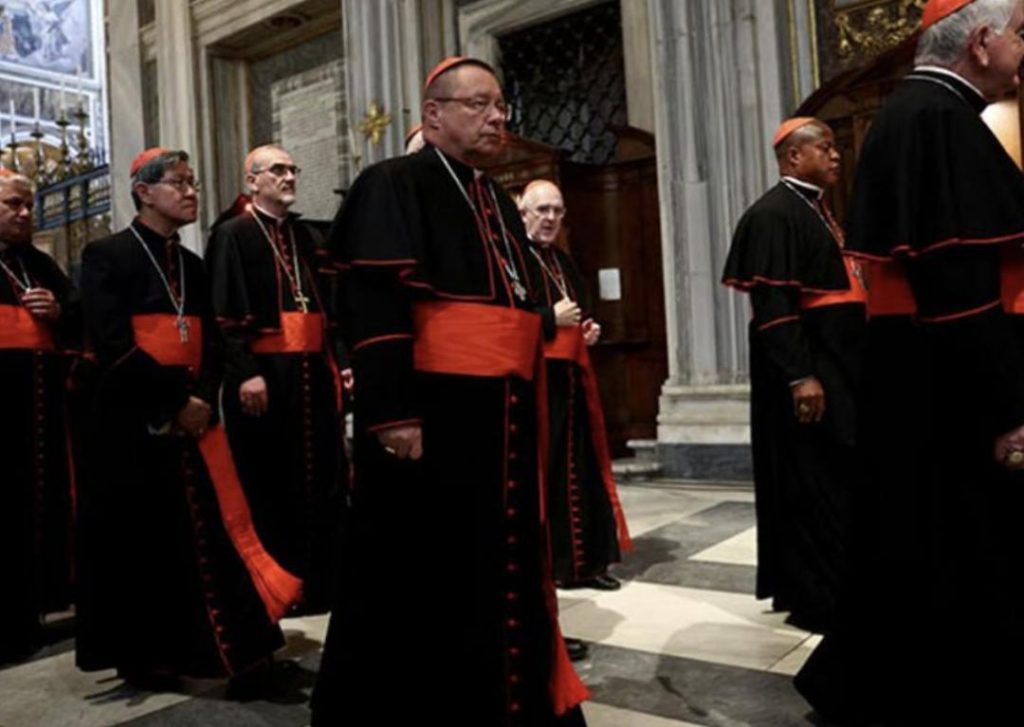
Vatican Deactivates Mobile Signals Ahead of Conclave to Elect Next Pope
The Vatican has taken extraordinary measures to ensure the secrecy of the upcoming conclave to elect the next Pope. In a move to prevent any unauthorized communication or electronic surveillance, all mobile phone signals will be deactivated in the Vatican at 3 pm on Wednesday. This bold step is aimed at preventing any leaks or outside interference during the crucial process of selecting the successor of Pope Francis.
According to CNN, which cited Italian state media, the Vatican will use signal jammers around the Sistine Chapel to block any mobile phone signals from entering the area. This drastic measure is a testament to the gravity of the situation and the importance of maintaining the secrecy of the conclave.
The conclave is a significant event in the Catholic Church, where 133 cardinals from around the world will gather to elect the new Pope. The process is shrouded in secrecy, and the Vatican has taken numerous steps to ensure that no information leaks out during the deliberations.
The decision to deactivate mobile phone signals is not a new one. The Vatican has taken similar measures in the past to prevent any unauthorized communication during sensitive events. However, the scope and scale of this move are unprecedented, highlighting the gravity of the situation.
The conclave is expected to begin on Wednesday, and the Vatican has taken extensive measures to ensure the security and secrecy of the process. The Sistine Chapel, where the conclave will take place, has been specially prepared, with the room being cleared of any electronic devices or communication equipment.
Cardinals from around the world have begun arriving in Rome, and they will be sequestered in the Vatican until the conclave begins. During this time, they will be cut off from the outside world, with no access to phones, computers, or any other electronic devices.
The Vatican has also taken measures to prevent any outsiders from entering the Sistine Chapel during the conclave. The room will be sealed, and any attempts to breach the security will be met with swift action.
The conclave is expected to be a contentious and closely watched event, with many predicting that the next Pope will come from outside the traditional European power base. The Vatican has taken extensive precautions to ensure that the process is fair and transparent, and that the will of the cardinals is reflected in the outcome.
The decision to deactivate mobile phone signals is a significant move, highlighting the Vatican’s commitment to maintaining the secrecy of the conclave. It is a testament to the gravity of the situation and the importance of preserving the integrity of the process.
In conclusion, the Vatican’s decision to deactivate mobile phone signals ahead of the conclave is a bold move that underscores the gravity of the situation. As the world watches with bated breath, the Vatican has taken every precaution to ensure that the process of electing the next Pope is fair, transparent, and free from any external interference.



